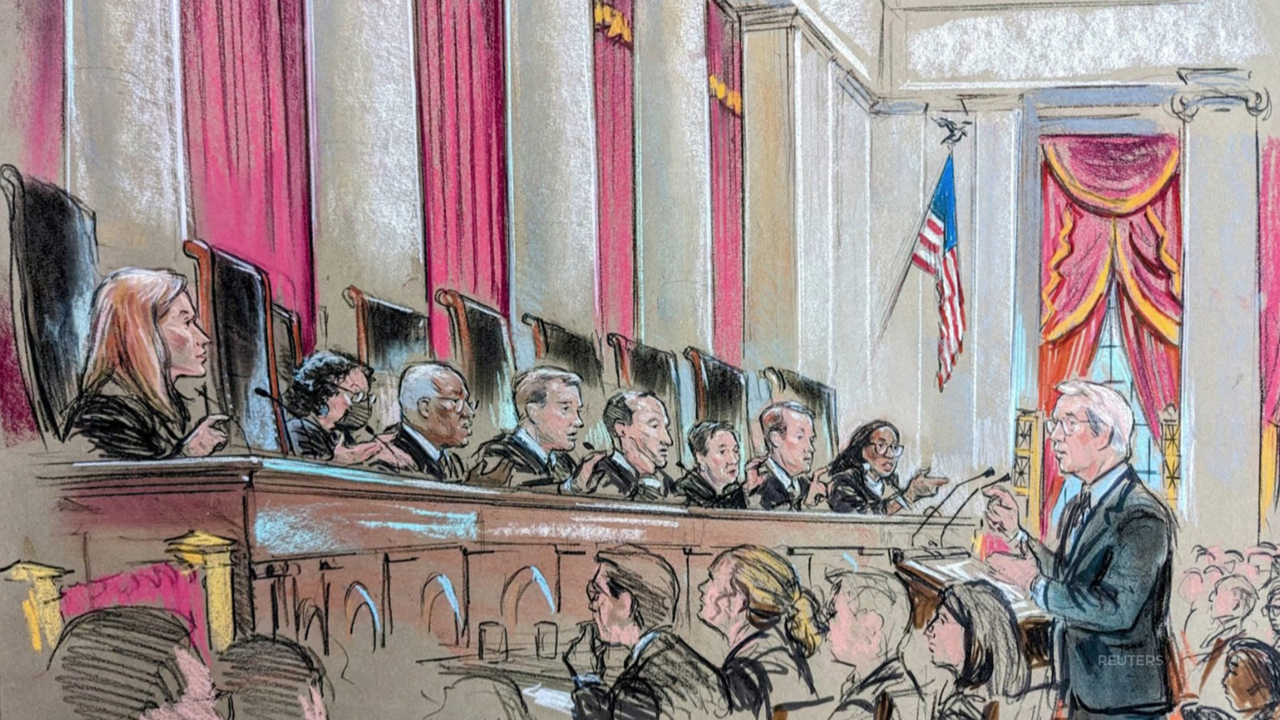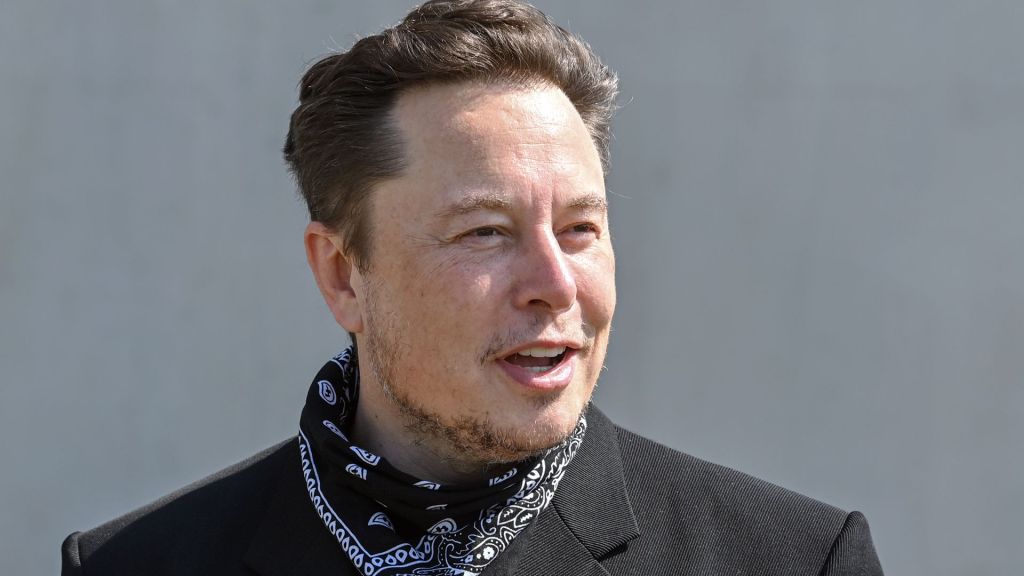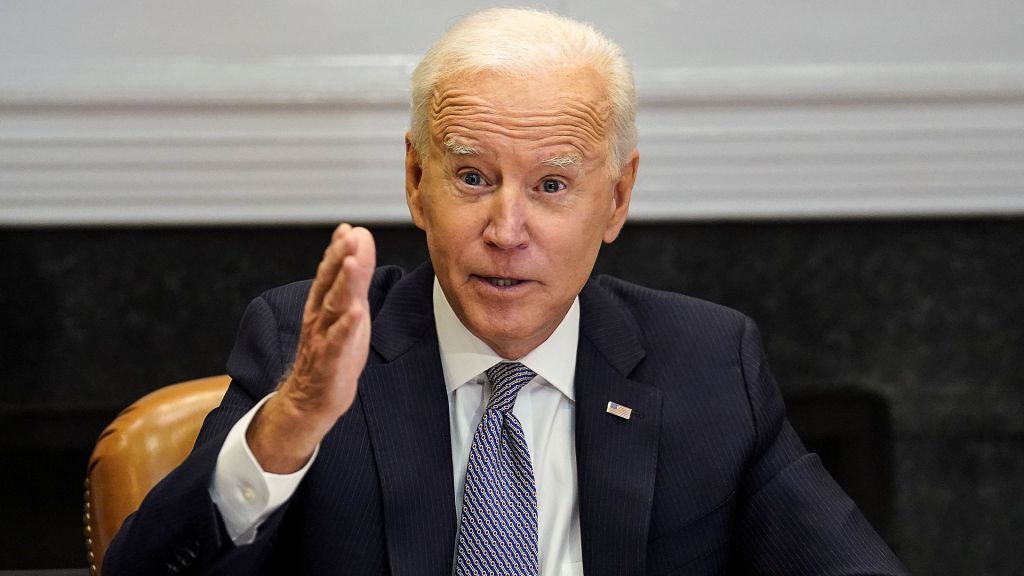
MATTHEW SCHRUERS: Section 230 has been a cornerstone rule for the Internet.
MICHAEL KARANICOLAS: The most important law in tech, the law that created the modern internet.
SIMONE DEL ROSARIO: THIS WEEK – THE SUPREME COURT IS LOOKING AT WHETHER TO NARROW SECTION 230 – THIS FOUNDATIONAL INTERNET SHIELD LAW THAT PASSED IN 1996. BUT EVEN SOME OF THE JUSTICES ARE GRAPPLING WITH THAT ROLE.
JUSTICE ELENA KAGAN: I mean, we’re a court, we really don’t know about these things. You know, these are not like the nine greatest experts on the internet.
SIMONE DEL ROSARIO: BUT EXPERTS SAY WHAT THEY DECIDE COULD DRAMATICALLY DISRUPT THE INTERNET.
MICHAEL KARANICOLAS: If Section 230 were to disappear overnight, I think there are very real questions about whether a company, even the size of Google or Facebook would be viable, without really radical changes to how their user interface works.
SIMONE DEL ROSARIO: MICHAEL KARANICOLAS IS THE EXECUTIVE DIRECTOR OF UCLA’S INSTITUTE FOR TECHNOLOGY LAW AND POLICY.
MICHAEL KARANICOLAS: I would far rather this be dealt with as a legislative matter. And I was actually very concerned when I saw that this was coming before the Supreme Court.
SIMONE DEL ROSARIO: THE TWO CASES AGAINST GOOGLE AND TWITTER ARE BROUGHT BY FAMILIES OF VICTIMS KILLED IN SEPARATE TERROR ATTACKS.
THEY’VE CHALLENGED THE TECH COMPANIES’ LEGAL IMMUNITY UNDER SECTION 230: THE LAW THAT SAYS COMPANIES ARE NOT LIABLE FOR WHAT OTHERS POST ON THEIR SITES, WHILE ALSO ALLOWING PLATFORMS TO MODERATE CONTENT WITHOUT FEAR OF LIABILITY.
MATTHEW SCHRUERS: So much of the digital economy turns on the ability of services to moderate their ecosystems without the risk of legal peril for whichever needle they miss in the haystack.
SIMONE DEL ROSARIO: BUT THE FAMILIES IN THESE CASES ARGUE THE PLATFORMS SHOULD BE HELD LIABLE FOR ALLOWING TERRORIST CONTENT THAT MAY HAVE HELPED RADICALIZE THE ATTACKERS. IN GOOGLE’S CASE, THE PLAINTIFFS’ LAWYERS ARGUED YOUTUBE IS ACTING AS A PUBLISHER BY RECOMMENDING MORE TERRORIST-RELATED VIDEOS, AND PUBLISHERS WOULD BE LEGALLY RESPONSIBLE.
MATTHEW SHRUERS, PRESIDENT OF COMPUTER & COMMUNICATIONS INDUSTRY ASSOCIATION, SAYS THERE ARE TWO WAYS THE INTERNET COULD RESPOND TO LEGAL LIABILITY.
MATTHEW SCHRUERS: You’ll have two different experiences, either the kindergarten, Sesame Street experience, or the chaotic Bourbon Street experience, right, either over moderated or under moderated. And neither experience is what internet users or advertisers want.
MICHAEL KARANICOLAS: Meaningful, individualized review, is simply not possible at that kind of scale, even for a company with the resources of Google or Facebook.
SIMONE DEL ROSARIO: WHICH IS WHY TECH LAWYERS ARGUE IT’S MORE LIKELY THE INTERNET WOULD GO THE OTHER DIRECTION AND AVOID MODERATION.
MATTHEW SCHRUERS: The worst case scenario would be a legal ruling that disincentivizes companies or encourages companies, not to police content online, and that in turn leaves users at greater risk of dangerous content.
SIMONE DEL ROSARIO: THE INTERNET HANGING IN THE BALANCE, SEVERAL JUSTICES SUGGESTED THIS QUANDARY MIGHT BE A BETTER CASE FOR CONGRESS.
TO FIND OUT MORE, SEARCH SECTION 230 ON STRAIGHT ARROW NEWS FOR MY PREVIOUS STORY WHICH GOES INTO MORE DETAIL ON THE FACTS OF THESE CASES.
I’M SIMONE DEL ROSARIO IN NEW YORK IT’S JUST BUSINESS.






